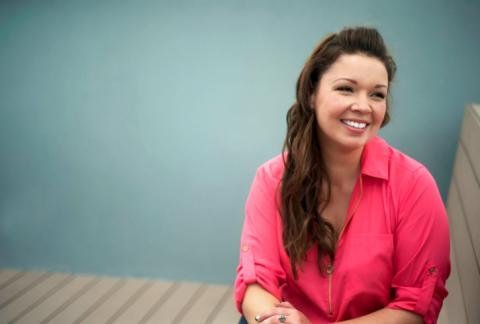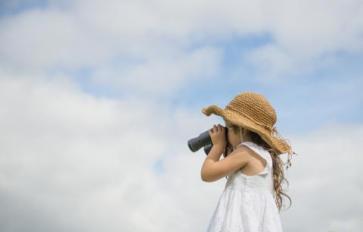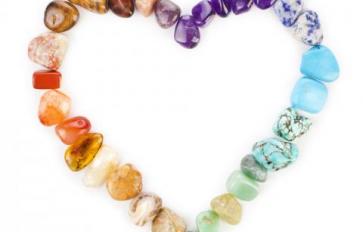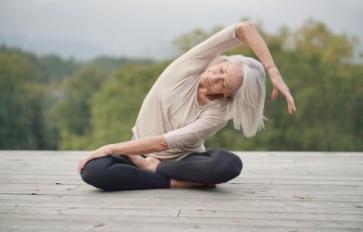
The growing popularity of sites like ancestry.com and services like 23andMe underscores our deep human desire to understand where we come from. While digging into archival records and testing DNA can shed light on our cultural antecedents, ancestral healing practices add another valuable layer to the picture. Ancestral healing is a modern, spiritually-based ritual process which seeks to bridge the chasm between cultural wounds and cultural treasures. Whether viewed through the lens of the oppressed or the oppressor, cultural wounds are deeply embedded in the history of the human experience. Regardless of our heritage, the legacy of empire affects the vast majority of us; but while the legacy of empire compels us to look outside of ourselves, ancestral healing practices ask us to look within. With the help of a qualified ancestral healing guide, we can safely dive into our energetic pasts; in the process we discover the gifts that lie muddled in the aftermath of displacement and colonialism. By tapping into our deep innate wisdom and gaining a better understanding of our personal legacies, we open to new avenues of healing and growth.
An Interview With An Ancestral Healing Practitioner
Darla Antoine is an ancestral healing practitioner with an academic background in intercultural communication. I got to chat with her recently about her work.
S.L.: Why is ancestral healing relevant?
D.A.: At some point in history all of our lineages had intact practices for helping people die. Death rites were performed during and after the dying process to ensure that the person could/would release their burdens from this life and wholly move on to the next life. While this practice has looked different for different cultures, the idea was universal.
At some point in time—for some it was long, long ago; for others, more recent—something happened that caused our lineages to forget, abandon, or sanitize their death rites: colonization, the Inquisition, conversion, war, etc. In our modern time, most people die afraid of dying and unsure of what's waiting for them after death. This, together with sanitized death rites, means that many people die without properly returning their pain, fear, trauma, shame, guilt, illness, etc. to the earth. These issues then hang out in the lineage and in the collective consciousness. It's one reason why you might say, "It's 2019 and I can't believe we're still dealing with x." We will continue to deal with x until we heal the ancestor(s) who originated it.
When we engage in ancestral healing we are making more room in our lineages for ourselves and our living family members to move forward in their lives unencumbered with ancestral pain, trauma, or limiting beliefs. We're also making room in the collective consciousness to create a better and more just world. Not only that, but when the lineages are healthy, whole, and well connected, blessings and wisdom can better flow from our ancestors to us. I believe that our ancestors are our best spiritual allies. They care about us and the human experience in a way that no other spiritual ally can, because they're actually a part of us, and have actually participated in the human experience.

S.L.: What is the history of the ancestral healing you practice?
D.A.: I learned the particular version of ancestral healing, Ancestral Lineage Repair, from Daniel Foor of ancestralmedicine.org. He's been working with his elders and his spiritual allies on developing and refining this method for close to 15 years. Daniel is a white guy, and at first it turned me off of his work, but getting to know him and the work better really modeled for me what's possible when a "white guy" is well with his ancestors and his ancestors are well with one another. As a mixed-race indigenous woman, my experience with Daniel and Ancestral Medicine has been nothing but positive and affirming.
S.L.: What do you mean when you talk about lineage groups?
D.A.: We all have many lineages. In an ancestral healing session we're first concerned with your primary lineages. This is your mother's father's lineage and all of the men who come from this lineage (so, you mother's father, his father, his father, his father, and all the fathers back to the original father of this lineage), your father's father's lineage, your father's mother's lineage and your mother's mother's lineage. Some of those lineages may come from the same culture but the lineage itself is different with different stories, blessings and wisdom to pass down and different things to heal.
S.L.: How can we begin to develop an ancestral healing practice?
D.A.: I recommend seeking out a qualified ancestral healing practitioner. There are many listed on ancestralmedicine.org. There are also other ancestral healing modalities out there that may resonate with you. My only caution is to make sure the practitioner makes a distinction between the well and the unwell ancestors and makes it a point to only invoke the well ancestors—you don't need any hungry ghosts muddling up your energy or your life.
Aside from that, having an ancestral altar or shrine where you remember your ancestors and make offerings to your well ancestors can do wonders for your ancestors even without doing healing. They want to be remembered and honored.
S.L.: What does a healing session with you look like?
D.A.: The first session is 75-90 minutes long. After I invoke the well ancestors with a prayer I guide you into a light meditative state and a visualization process that helps you look in on your four primary lineages. We look at them one at a time to see what's coming up around them. Once we determine which line is the healthiest, we go deeper into that line and meet a well ancestral guide who can help us initiate the healing of the lineage. Then we spend 20 minutes with the guide just asking questions about the lineage to learn more about them including their burdens, blessings, and spiritual allies. Then we spend some time combing some focused healing attention through the lineage for those who need some more attention and witnessing. After the lineage is healed we bring blessings down the lineage and through to the living. After the initial session, each session is 60 minutes long and we repeat the healing, questioning, healing rhythm for all the lineages. When all the lineages are healed we can also do a harmonization process, during which we weave together your mother's father's and mother's mother's lineages by making sure everything is right and well between the two. These two lineages are already intertwined in you, so the benefit of harmonization means that these two lineages can now work together for you.

Darla Antoine, MA, believes that food is an overlooked or forgotten vessel for ancestral and spiritual re-membering. She has an MA in Intercultural Communication from the University of New Mexico, where she researched how food creates and sustains our cultural lineages and legacies. Darla is an enrolled Okanagan tribal member and grew up in her ancestral homelands in Washington State but now lives on a high mountain farm in Costa Rica and is trying to give her kids roots where she is rootless. This has motivated her work in ancestral healing as well as other land-based spiritual work. To learn more about Darla and her services and offerings, please visit www.darlaantoine.com.
Photo of Darla Antoine courtesy of Darla Antoine; all other photos by Shiraz Leyva








